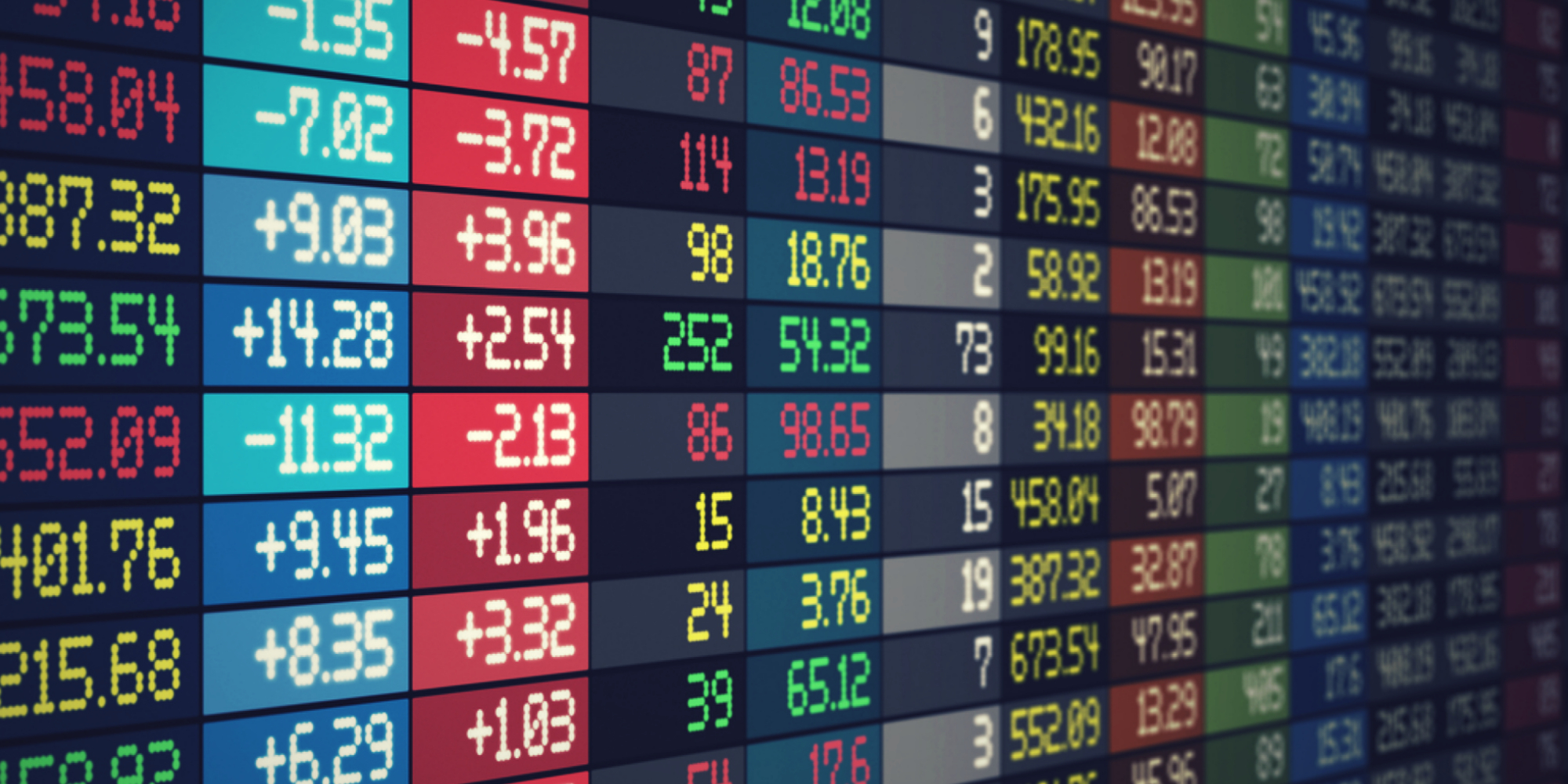Monopoly – Unilever CEO pursues strategic change with support from Peltz By Reuters


© Reuters. FILE PHOTO: Plastic bags of Unilever’s Sunsilk and Clinic Plus shampoo hang outside a store in Mumbai, India, May 7, 2022. REUTERS/Francis Mascarenhas/File Photo
Written by: Richa Naidoo
LONDON (Reuters) – Unilever (LON:) CEO Hein Schumacher said billionaire activist and board member Nelson Peltz was “completely behind” the recently devised strategy to reinvigorate the company. Some other investors remain skeptical after years of poor industry performance.
Schumacher told Reuters that Unilever, whose brands include Dove soap, Hellmann’s condiments and Ben & Jerry’s ice cream, wants to establish a “systematic” marketing strategy for its parent brands.
The 52-year-old Dutchman also said he would not hesitate to rationalize Unilever’s 127,000-strong workforce.
His predecessor, Alan Jope, was criticized for allowing the group’s brand portfolio to expand to around 400, leaving management with too little time to focus on top performers.
Investors have also criticized Unilever for failing to restore margins due to the pandemic and, in some cases, placing an unnecessary emphasis on sustainability. For example, Fundsmith’s Terry Smith criticized Unilever for being “obsessed” with sustainability at the expense of performance.
When Unilever reported its fourth-quarter results last week, some investors and analysts criticized the company for not regaining lost market share quickly enough and allowing margins to decline.
In January 2022, it was reported that Peltz had been accumulating shares in Unilever through the Trian Partners investment fund, and he eventually took a seat on the Unilever board of directors in July of that year. As of March 2023, the fund held a 1.45% stake in Unilever, according to LSEG data.
Jope’s resignation was announced in September 2022, and Schumacher eventually became CEO the following July.
“Nelson joined the board because he was dissatisfied with performance,” Schumacher said. “He saw an opportunity to buy at a stock price he thought had potential.”
Schumacher said Peltz’s views were “very consistent” with Unilever’s growth strategy. This includes investing more in our top 30 brands, which account for more than 70% of our revenue, supporting our innovation pipeline over the next few years and working on better operating principles.
Peltz also likes Unilever’s model of splitting business lines by category rather than region, Schumacher said. This is similar to Trian’s widely reported influence on rival P&G and contrasts with Nestle’s geographically concentrated structure.
Trian declined to comment.
In recent years, some investors have called on Unilever to go one step further and spin off the food business, which owns brands including Marmite spread and Knorr stock cubes.
Asked whether he would consider a spin-off, Schumacher said: “When we talk about larger portfolio changes, we certainly see that, but the biggest opportunity right now is to execute on our growth action plan.”
Unilever began buying back 1.5 billion euros ($1.6 billion) of shares last week after trading volumes rose for the first time in 10 quarters. The nutrition and ice cream businesses were the only businesses to report a decline in sales in the fourth quarter.
Schumacher worked with Peltz at HJ Heinz when the activist investor orchestrated its merger with Kraft Foods (NASDAQ:). His appointment as Unilever CEO was greeted with enthusiasm by Peltz, who has a track record of shaking up consumer goods companies.
Schumacher’s top priority after taking office was “changing the performance culture.” “This means some of the workforce will say, ‘It’s not for me,’” he said.
Under Schumacher, Unilever has reorganized much of its leadership team, replacing executives including longtime finance chief Graeme Pitkethly and appointing others such as Esi Eggleston Bracey, now head of growth and marketing.
Schumacher said Eggleston Bracey wanted to draw up a very clear two- to three-year roadmap for market development for Unilever’s top brands.
“At the moment we are not as organized as I would like,” he added.
Some investors told Reuters in October that they were disappointed when Schumacher initially laid out his long-awaited strategic plan and preferred a deeper restructuring.
“I’m in a mode right now of, ‘Okay, I heard you and this is what we’re doing,’” he said. “History will judge whether I will be a good CEO or a bad CEO.”



